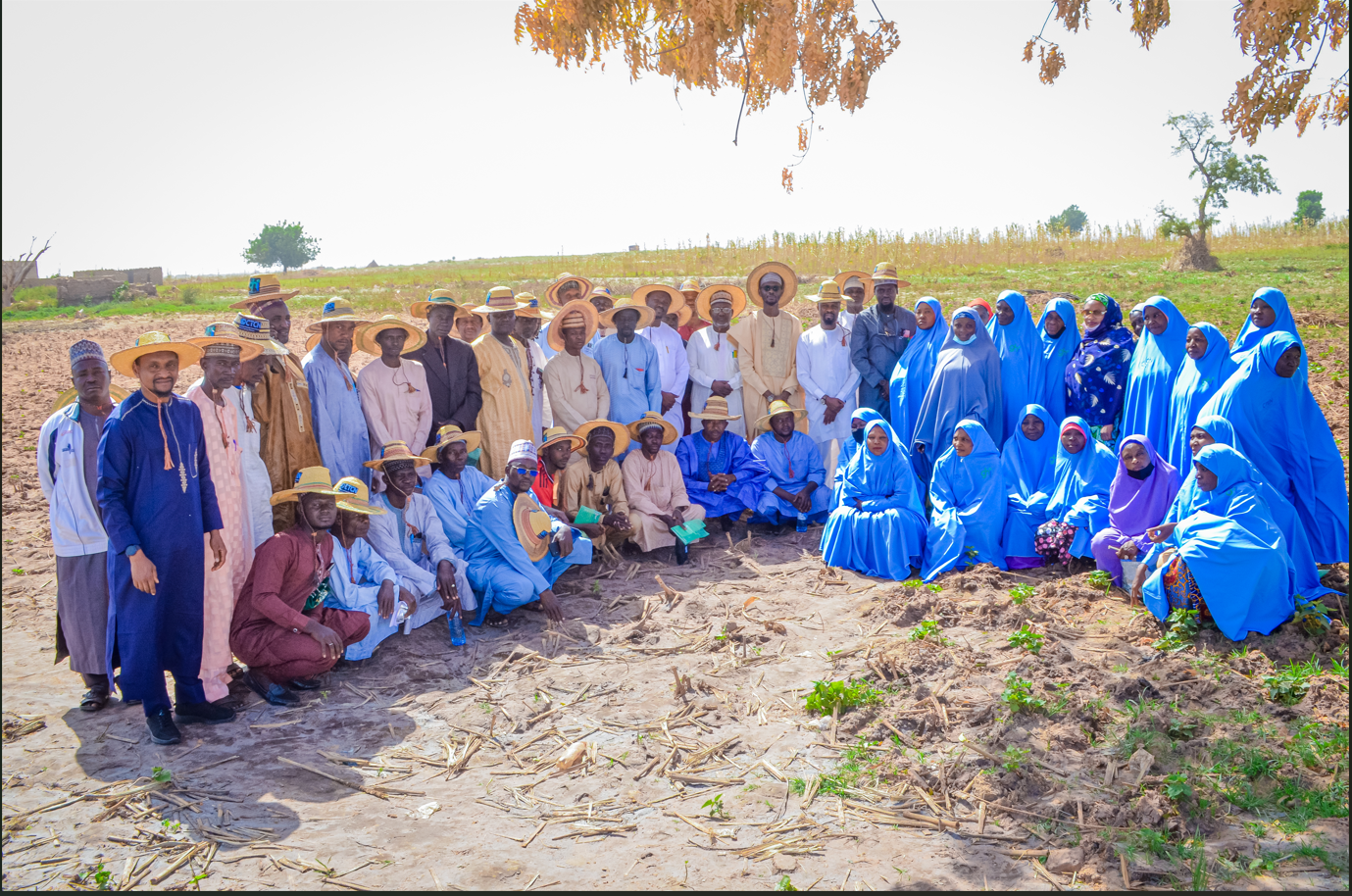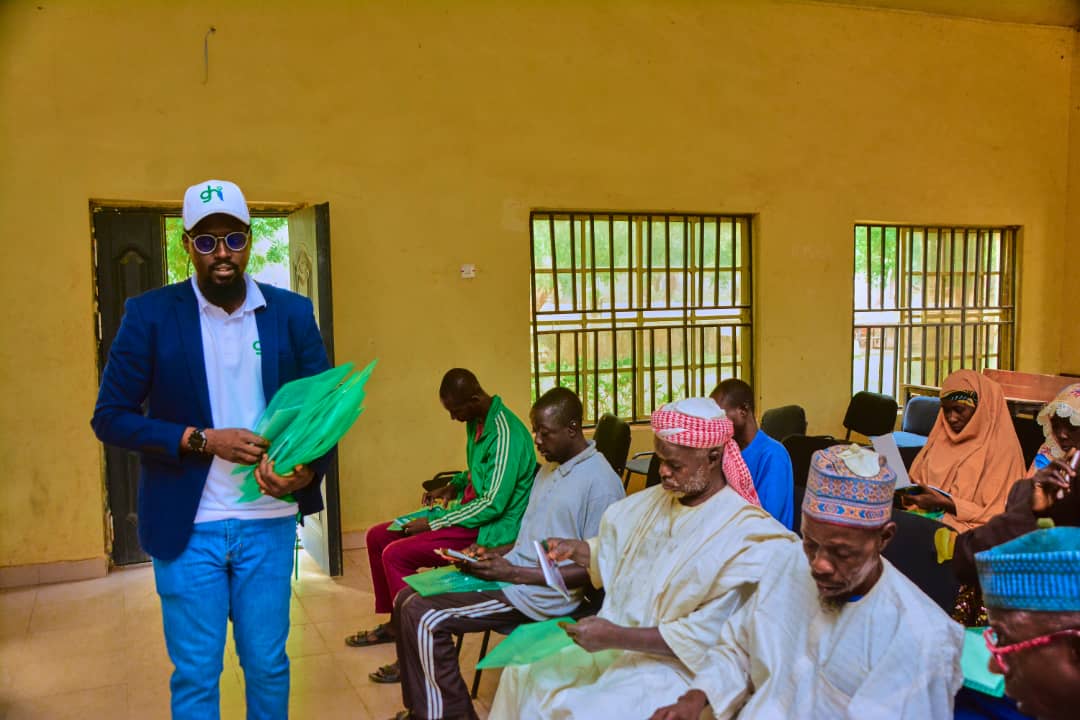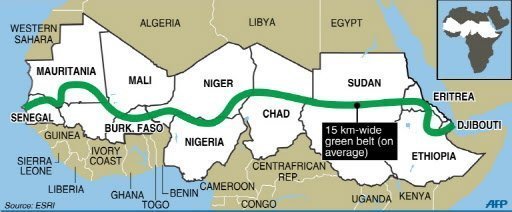
In a remarkable effort to tackle climate change and improve food security in Northwest Nigeria, Green Habitat Initiative (GHI), with funding from the Adaptation Fund Climate Innovation Accelerator (AFCIA) and support from the Climate Technology Center and Network (CTCN), hosted a two-day Workshop on Sustainable Agricultural Practices in Argungu, Kebbi State. Held on November 28 – 29, 2024, the event brought together stakeholders, farmers, and experts to build resilience against climate challenges.
Bridging the Gap with RANETA
Central to the workshop was the introduction of the Radio and Internet for Climate Technology in Agricultural Resilience (RANETA) system. Designed to deliver agrometeorological data in farmer-friendly formats, RANETA aims to equip smallholder farmers with early warning systems and actionable insights. This initiative seeks to mitigate the impacts of climate change on agriculture and empower rural communities that often face challenges like market failures, insecure land tenure, and lack of climate information.
Aims and Objectives
The workshop targeted 60 smallholder farmers from Farfajiya Farms in Argungu, comprising 29 women and 31 men. The goals were clear:
- Awareness: Create an understanding of climate change impacts on agriculture.
- Knowledge: Provide skills to implement sustainable practices.
- Collaboration: Foster a support network among farmers and extension workers.
- Innovation: Encourage the adoption of new technologies.
- Capacity Building: Empower participants to adapt to changing climatic conditions.
Workshop Sessions: Learning and Action

Day 1: Understanding Climate Change
The workshop began with a welcome address by GHI Project Manager Mr. Yazid Haruna Shayau, who set the tone for two days of learning and collaboration. The sessions covered critical topics like the effects of climate change on agriculture, led by Dr. Muhammad Mansur Aliero, Deputy Dean at Kebbi State University of Science and Technology. Participants learned how global climate changes impact rural farmers and the agricultural sector in Nigeria.
The role of trust in weather forecasts and the integration of technology in early warning systems were discussed by Mr Faruk Garba Illo, Director of Projects at the Ministry of Agriculture and Natural Resources. These sessions highlighted the importance of reliable data dissemination through systems like RANETA.
Day 2: Building Resilience and Practical Training
The second day emphasized actionable strategies, with sessions on building resilience for rural farmers and implementing policies for sustainable agricultural practices. The participants also engaged in fieldwork and practical demonstrations, making the theoretical lessons tangible.
A notable highlight was the stakeholder discussion involving extension workers and farm leaders, led by Mr. Bala Muhammad, Kebbi State Program Officer of IFAD. These discussions laid the groundwork for collaborative action plans to sustain the RANETA system.
Stakeholder Engagement: A Collaborative Effort
The workshop concluded with a robust action plan for extension workers and farm leaders, focusing on:
- Weekly farmer engagement to discuss weather updates.
- Bi-weekly virtual meetings for the RANETA team and stakeholders.
- Quarterly reviews with traditional rulers and community leaders.
While the workshop achieved significant progress, challenges like limited financial resources for communication and travel were identified. Addressing these barriers is crucial for the success of RANETA.
Outcomes and Closing Remarks
The President of GHI and Project Director for RANETA TA, Engr. Sadiq Gulma, commended the participants for their enthusiasm and the facilitators for their expertise. He emphasized the importance of applying the knowledge gained to create resilient and sustainable farming systems.
A Vision for the Future
This workshop underscores GHI’s commitment to advancing sustainable development goals, particularly in combating climate change, reducing poverty, and enhancing food security. By equipping farmers with knowledge and tools, initiatives like this pave the way for a resilient agricultural future in Nigeria.
As GHI continues to drive innovative solutions, the lessons from Argungu serve as a model for empowering communities to adapt and thrive in the face of climate challenges.

